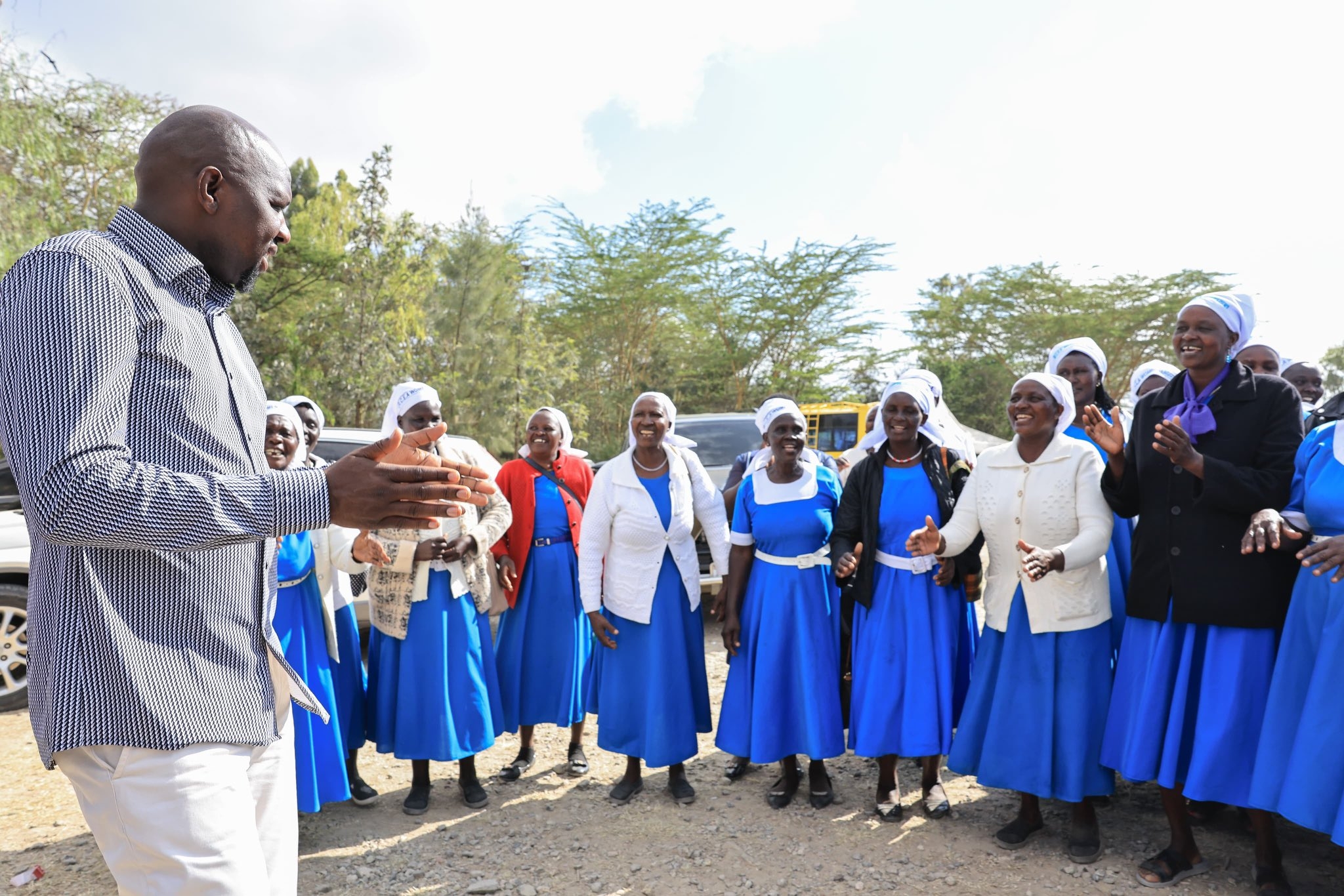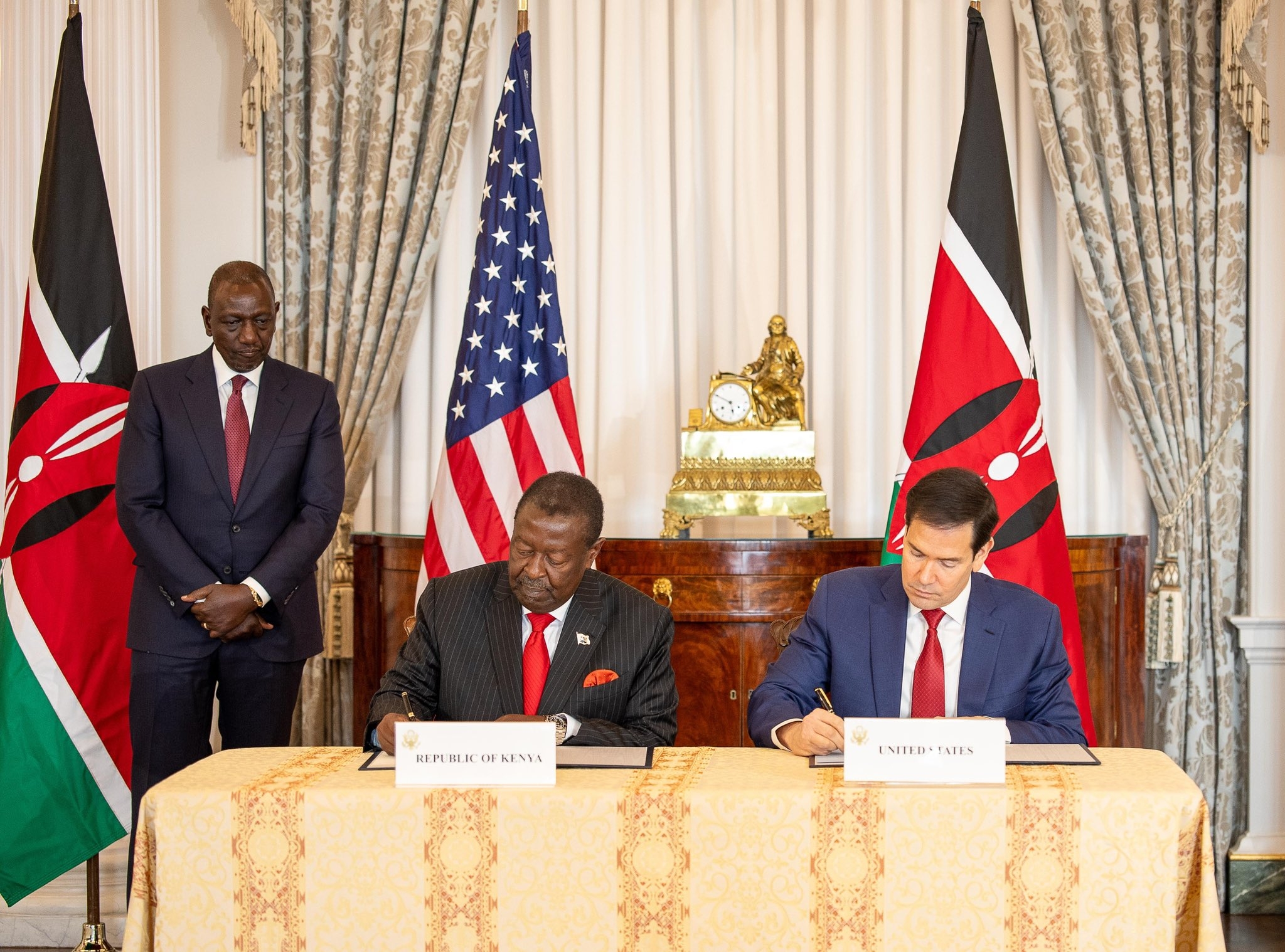The government will spend over Sh1.2 billion to construct classrooms for Junior Secondary Schools in the Western region.
Kakamega, Bungoma, Busia and Vihiga counties have been allocated the funds for construction of 1,243 classrooms for use by Grade Nine students next year.
The first phase has already started, with phase two of the project expected to kick off in October as the government races against time.
Basic Education Principal Secretary Belio Kipsang had said the government would construct 16,000 for the CBC learners by January.
Out of these, 9,000 classrooms are being funded by the World Bank at a cost of 9 billion shillings.
Regional Director of Education Jared Obiero said the government has already wired the funds in the respective schools’ bank accounts.
“Each classroom is being constructed at a uniform cost of Sh1 million countrywide,” Obiero said.
Schools’ Board of Management and Infrastructure Committees are overseeing the construction, which is expected to be complete in three months.
“Construction works of phase two is expected to start immediately after completion of the first phase in October.”
The project takes into account the enrollment in specific schools.
Kakamega, which has a high student population, has received the lion’s share of of 506 classrooms.
“I have launched the construction works in a number of schools including Kakamega Primary School, that has the largest number of 12 classrooms based on the enrollment.”
Phase one will see 81 classrooms built, with an additional 425 under the second phase.
Vihiga gets a total of 170 classrooms, with 55 currently being constructed and another 115 to be constructed in the second phase.
Bungoma and Busia have been allocated a total of 366 and 201 classrooms respectively.
Additional classrooms will be built under the National Government Constituency Development Fund, which is under MPs.
“Here in Western, NG-CDF will fund construction of an additional 3,500 classrooms,” the RDE said.
“The ministry has issued guidelines and MPs will be expected to fund construction in schools not funded by the Ministry of Education” he added.
Obiero said the guidelines require that the infrastructure budget should be approved by BoMs as education officials monitor the work to ensure contractors adhere to specifications provided.
However, unionists expressed dissatisfaction in the way the exercise was conducted, saying it had been marred by corruption.
Kakamega central Knut chairman Tom Ingolo said the contract for construction in the subcounty was awarded one builder instead of sharing out to local contractors as well.
















